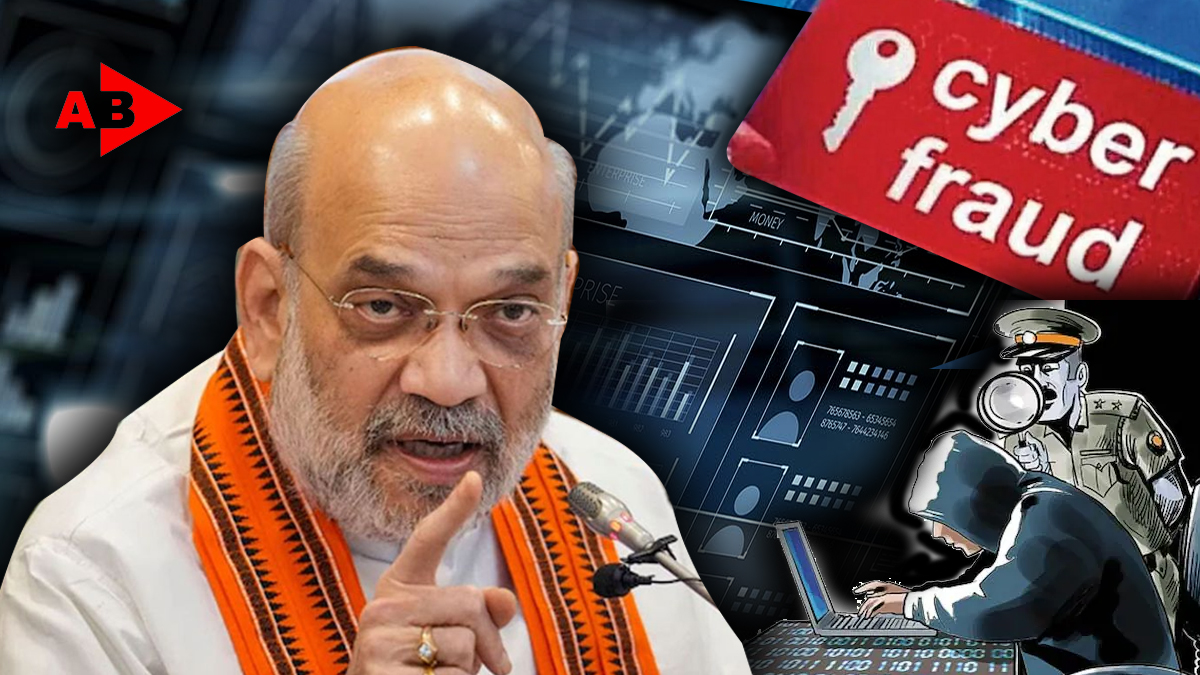
Department of Pharmaceuticals Implements Comprehensive Guidelines to Regulate Pharma-Doctor Interactions and Promote Ethical Practices
Jotirmoy Roy, AB News DESk, New Delhi: In a significant step towards fostering ethical marketing practices in the pharmaceutical sector, the Department of Pharmaceuticals unveiled the Uniform Code of Pharmaceuticals Marketing Practices (UCPMP) 2024 on March 12, 2024. This essential initiative is designed to regulate the interactions between medical professionals and pharmaceutical representatives, effectively curbing unethical practices that have long plagued the industry.
The newly implemented code delineates explicit guidelines governing the promotion of pharmaceutical products to doctors and registered medical practitioners (RMPs). A key aspect of this code is its accountability clause, which holds pharmaceutical companies responsible for the actions of their medical representatives and other affiliated personnel. Among its most important provisions, the code expressly bans the provision of gifts, monetary incentives, or any form of hospitality to medical professionals and their families by pharmaceutical companies.
To promote transparency and compliance, the code mandates that companies self-report their adherence to its stipulations and disclose any expenditures related to educational conferences, seminars, and workshops. Furthermore, independent audits may be conducted at random or based on specific risk assessments to ensure adherence to the guidelines.
A structured complaint adjudication framework has also been established, consisting of two levels of review, with final appeals processed by the Department of Pharmaceuticals.
Violations of the code carry significant penalties, including:
– Public reprimands for offending pharmaceutical entities, detailing the nature of the infringement.
– Recovery of any funds or items distributed in violation of the code, with notifications provided to the Ethics Committee.
– Obligatory corrective statements in media outlets if promotional activities fall short of the code’s requirements.
– Potential legal actions against non-compliant pharmaceutical firms, in accordance with existing laws enforced by governmental authorities.
The foundation for these regulatory measures is further supported by the Indian Medical Council (Professional Conduct, Etiquette, and Ethics) Regulations, instituted in 2002 under the Indian Medical Council Act of 1956. These regulations lay out a framework for ethical behavior among physicians, specifically dictating that doctors must prescribe medications using generic names clearly, preferably in capital letters, to ensure rational prescription practices. The Medical Council of India has reinforced these directives through several circulars, urging registered medical practitioners to comply.
Under the National Medical Commission Act of 2019, State Medical Councils and the Ethics and Medical Registration Board are empowered to impose disciplinary actions on doctors who breach these established regulations. Furthermore, states are encouraged to prioritize the prescribing of generic drugs and to conduct regular audits of prescriptions within public healthcare facilities.
These crucial updates were shared by Smt. Anupriya Patel, the Union Minister of State for Chemicals and Fertilizers, in a written response to the Rajya Sabha, highlighting the government’s commitment to ethical practices within the pharmaceutical industry.


